
South Korea has Net Neutrality activists in an uproar as, guess what? The government is considering asking a high-bandwidth Internet service to pay its fair share for the government-subsidized Internet in the country. Just more proof that when the radicals say “Net Neutrality,” they really mean “free stuff paid for by the taxpayers.”
The radical left’s push for freeloading continues in America too, as Public Knowledge insanely campaigns against 4G wireless Internet. Why? Because providers are making you pay for what you use. Clearly, paying for what you use, according to the principles of freedom of enterprise, is unacceptable to any committed socialist.
I’m with Fred Thompson on the Dick Durbin Internet Sales Tax idea: “Dems proposing new internet sales tax. Great idea. Can’t let those billionaires get away with buying untaxed Beanie Babies on eBay.” It’s a punitive idea by losers in the marketplace envious of the success of others, yes, like eBay.
Norway engages in panicked censorship for the children of course. This is why we give power to government sparingly, and only when the downsides are far less than the upsides. The potential of abuse with good intentions is always there.
But sometimes power grabs are denied. Ignore the bit about ripping CDs, but the UK government is canceling plans to implement their own version of the PROTECT IP law. PROTECT IP is a bill in the Senate that would implement a national Internet blacklist, where the government would effectively hijack domain names of alleged copyright infringers. Such plans of national censorship naturally always spread beyond their original plans. Ask Australia, where the national Internet blacklist quickly spread to cover criticism of the list itself.
With Sprint apparently jumping from Clearwire to LightSquared, and now Clearwire itself announcing plans to switch from WiMAX to LTE, it looks like LTE has won the day when it comes to 4G wireless in America. Whether Public Knowledge likes it or not.
How about some FCC, as usual? The FCC seems to be playing games with the numbers it puts out, which matters because the FCC’s numbers become the pretext for more regulation. Now the claim is that people have options, but they just don’t know what it is they really want, so they’re picking the “wrong” options. Clearly, then, the solution is more regulation to try to force people into buying Internet services they otherwise wouldn’t, eh?
Also note that even as the FCC makes these claims, it’s slipped in a change to its estimated ratio between advertised, theoretical maximum Internet service speeds, and the actual ones delivered in practice, with all the physical limits involved. In 2009 they said real was half of theoretical, but now they’re saying it’s up to 80%. In just two years, implausibly enough! Makes you wonder what other numbers are being… tweaked to suit their need to justify new regulation at any given moment.
Greg Walden has his own criticism of the FCC as well, focusing on the fact that the FCC’s failure to follow good, legal processes “weakens the FCC’s credibility.” He’s right when he says “it still has a ways to go” on process, and of course on transparency.
Meanwhile, Seton Motley has an important warning when it comes to legislation. The Obama FCC will grab any power it thinks it can manage, and then try for more on the off chance it’ll stick (like Net Neutrality). Therefore any laws relating to the FCC, such as bills on incentive auctions of spectrum, must be written in a way that constrains, not enables, the FCC. It’s an excellent point, and I hope members of Congress are reading.



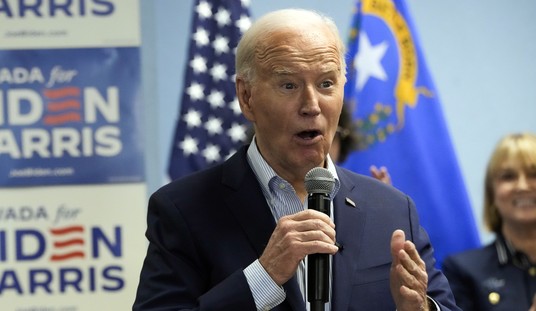


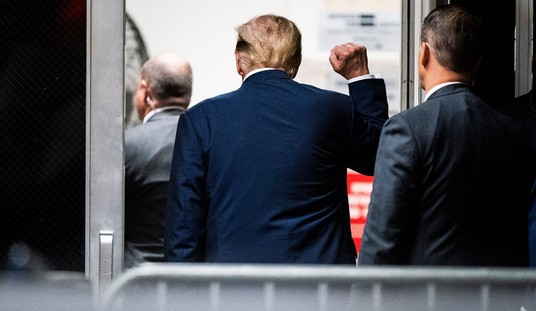
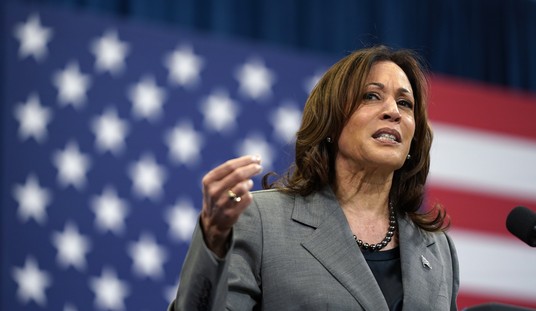


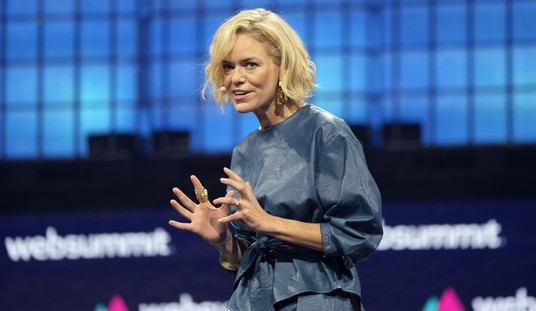

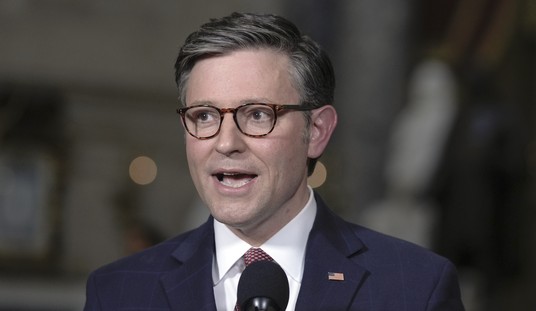

Join the conversation as a VIP Member